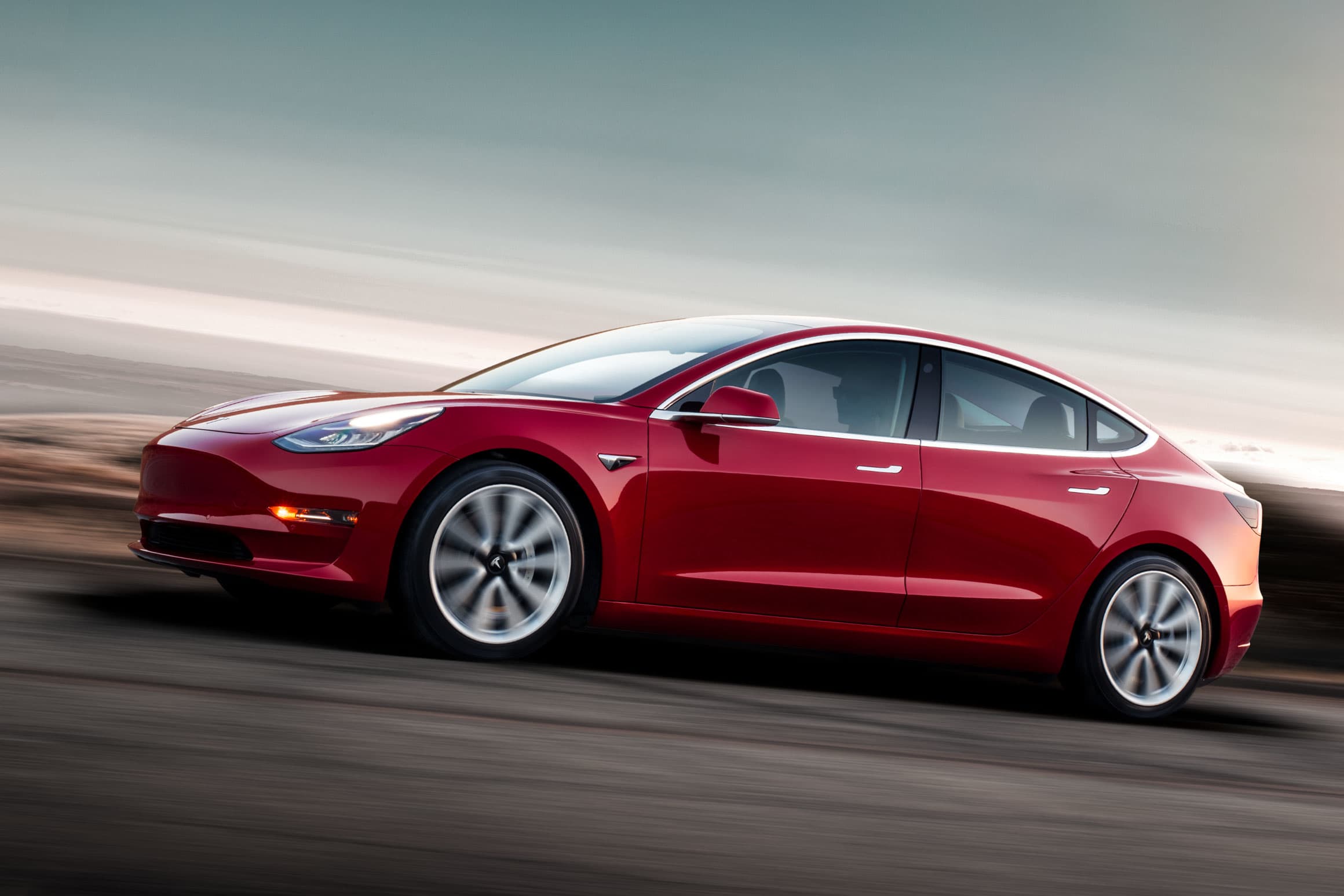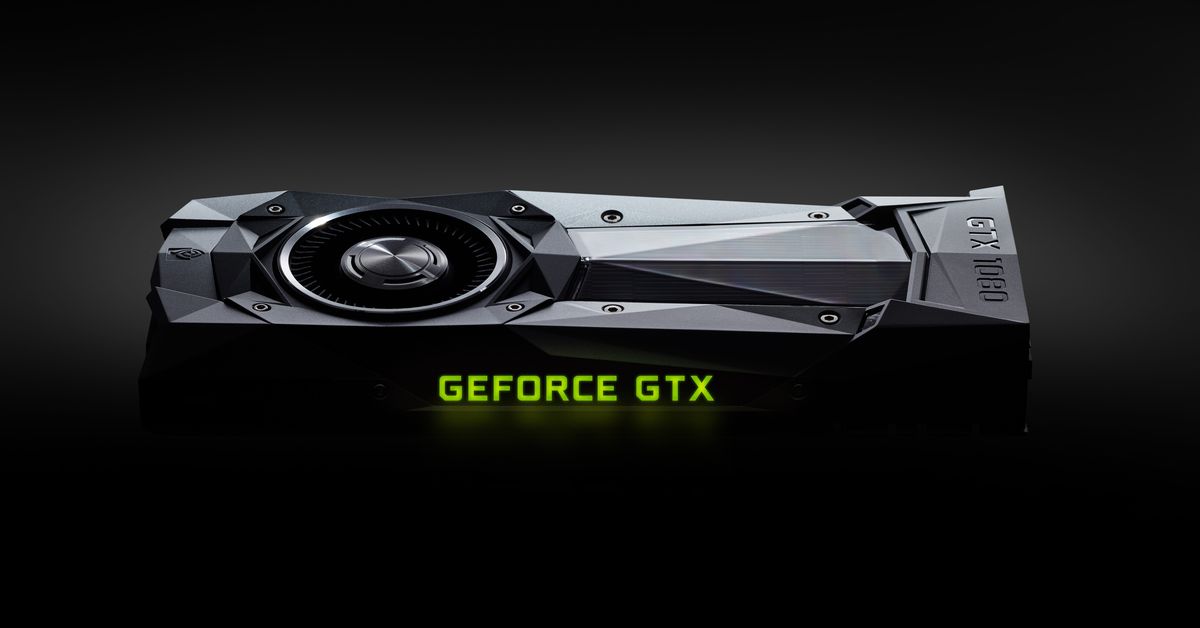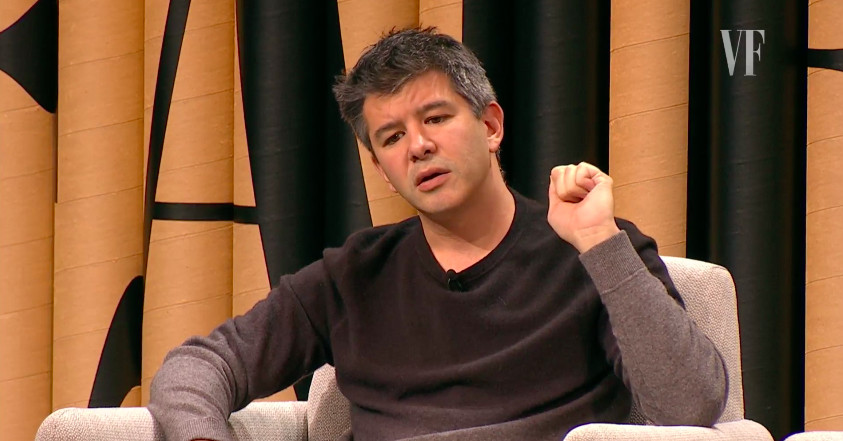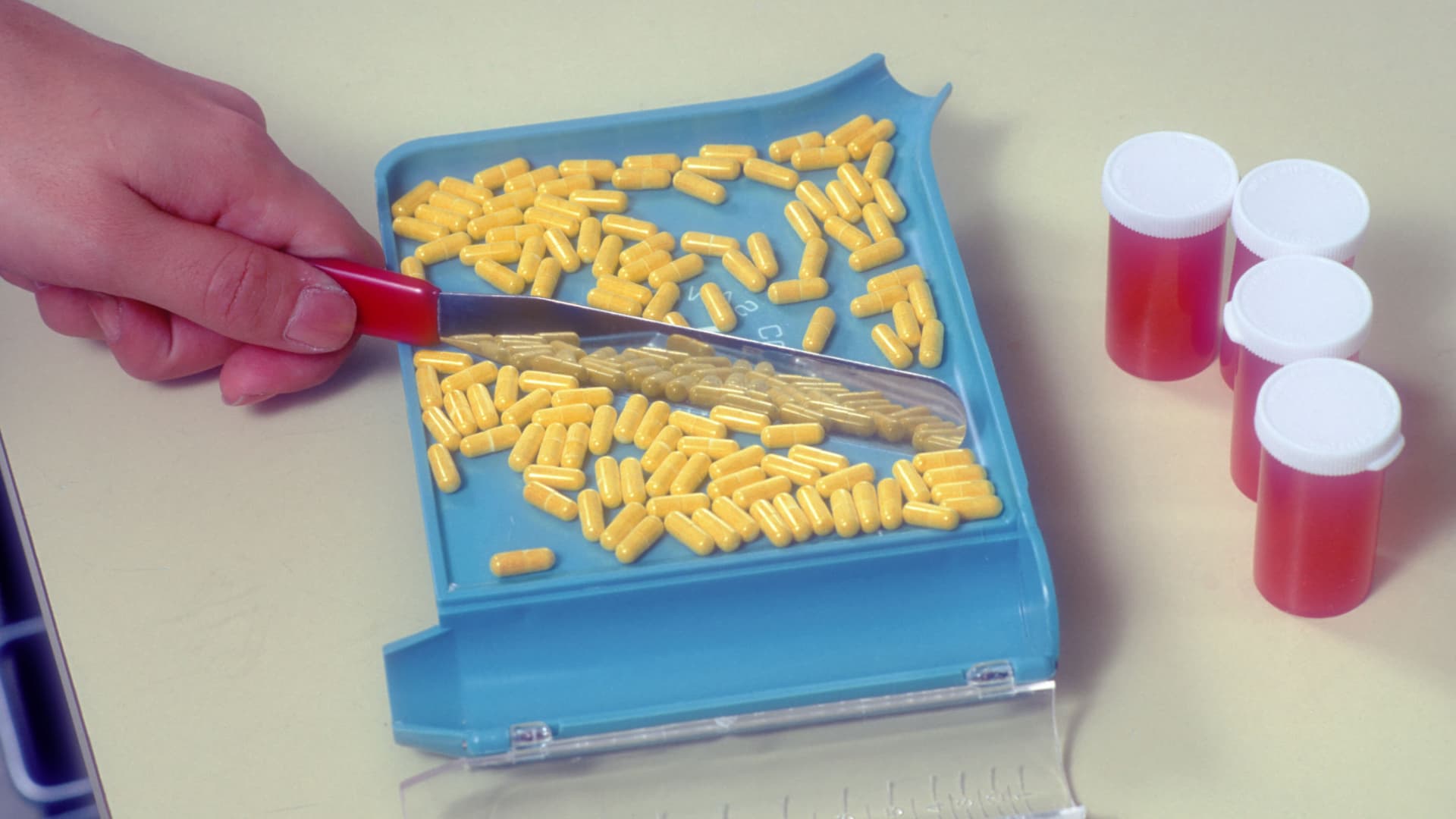Dell’s modular laptops can be dismantled in under a minute — no screws required
Concept Luna is Dell's project to create more sustainable laptops, and its latest evolution takes a huge stride forward.

Modern laptop design has dug itself into a hole.
Many of the best laptops have increasingly resorted to soldering down components to keep devices thinner, but that has meant worse repairability and more e-waste. Dell’s Concept Luna is an attempt at an answer to this problem, and the latest developments show some serious potential in shaking up the way laptops are manufactured and maintained.

Concept Luna has been in the works for years now, but the idea is simple: create a closed-loop system for creating, repairing, and reusing laptop parts. In a demonstration of just how far Dell engineers have taken the concept, I watched a laptop get completely disassembled in well under 60 seconds. I don’t just mean swapping out RAM or memory, either.
The Concept Luna that I saw in person looked like a premium laptop on the surface. But no less than a minute later, all of its components had been removed, including the battery, display, and entire motherboard.
We’ve seen laptops like the Framework Laptop take a similar philosophy, but Concept Luna takes things to another level by removing the need for screws entirely.

One small tool can pop off the keyboard through the Kensington lock, giving access to the internals from above rather than below. From there, each component snaps together like Lego pieces, even including the battery. The display was the only component that required detaching an actual connection, but even that was removed in a matter of seconds.
“It can take recycling partners more than an hour to disassemble a PC with today’s technology, held together with screws, glues and various soldered components,” Dell stated in a press release, describing the need for a better way of manufacturing laptops. “Concept Luna could dramatically simplify and accelerate repair and disassembly processes, making components more accessible and expanding opportunities for reuse.”
Reusing old PC parts is good both for the environment and for Dell’s bottom line.
It’s not hard to imagine how a laptop built like this could be useful. Easily repairing a laptop comes to mind, as does upgrading it yourself. Of course, I imagine not all of these parts wouldn’t be components you could just buy off the shelf. That’s why Dell imagines selling it in a “PC as a service” model — something that’s sent in when it needs an upgrade or a fix.
That’s where Concept Luna’s more ambitious experiments play out. Dell was demoing a fully automated disassembly robot that could do After all, robots might be the only things that hate screws more than people. To give you an idea of just how efficient this could be at scale, Dell said the robot was operating at just 5% of its full speed.
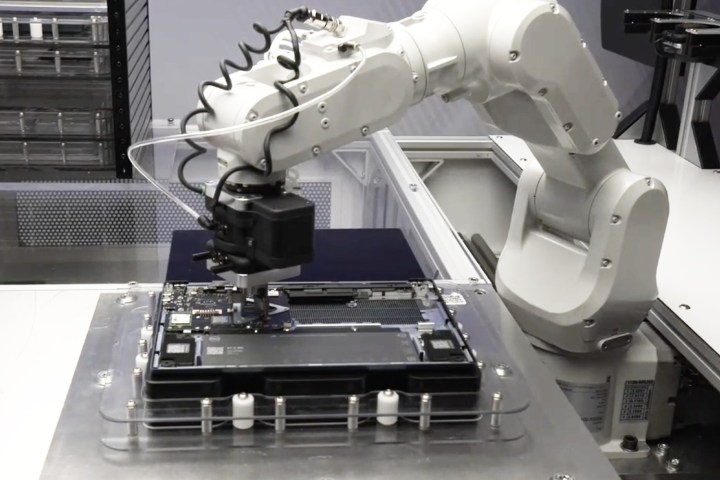
So intuitive, in fact, that not only could a person do it themselves — so could a robot. Demoed in conjunction with the laptop itself, Dell also showed how a completely automated system could turn these modular laptops into a sustainable business. After all, reusing old PC parts is good both for the environment and for Dell’s bottom line.
“By marrying Luna’s sustainable design with intelligent telemetry and robotic automation, we’ve created something with the potential to trigger a seismic shift in the industry and drive circularity at scale,” Dell stated in its press release. “A single sustainable device is one thing, but the real opportunity is the potential impact on millions of tech devices sold each year, and optimizing the materials in those devices for future reuse, refurbishment or recycling.”

That “telemetry” is a series of smart sensors that can detect the health of each of the removable components of the device. From there, you’re seconds away from this robot arm popping off the keyboard with its suctions, selecting the right tool, and pulling out the component. Dell says this is important because oftentimes, only specific components will get the majority of wear and tear for one particular person. For example, someone who docks their laptop might not ever use the keyboard, while someone else might type on it all day.
“Our Concept Luna evolution can equip and connect individual components to telemetry to optimize their lifespans. At its simplest, it’s akin to how we maintain our vehicles, we don’t throw away the entire car when we need new tires or brakes.”
Through Concept Luna, Dell clearly hopes it can revolutionize the way laptops are made, sold, and maintained. It’s certainly ambitious. Moving all its operations to something inspired by Concept Luna would be a major transition for Dell, but something drastic is needed to solve the problem.
I, for one, am happy that Dell is taking the problem of e-waste seriously by continuing to invest in Concept Luna — even if it may be many years before it comes to fruition.

 Tfoso
Tfoso 







